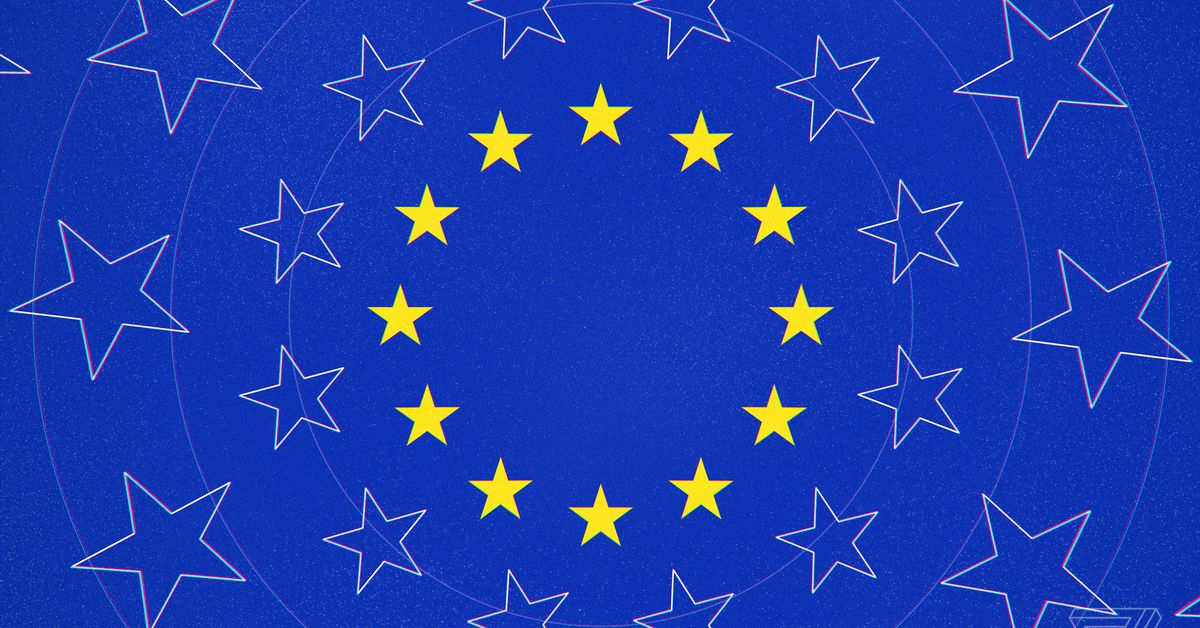The European Union’s Digital Services Act (DSA) has officially gone into effect. Starting on August 25th, 2023, tech giants like Google, Facebook, Amazon, and more must comply with sweeping legislation that holds online platforms legally accountable for the content posted to them.
Even though this new law was passed in the EU, we’ll likely see far-reaching global effects as companies adjust their policies to comply. Here’s what exactly the DSA does and how the EU plans on enforcing it.
The overarching goal of the DSA is to foster safer online environments. Under the new rules, online platforms must implement ways to prevent and remove posts containing illegal goods, services, or content while simultaneously giving users the means to report this type of content.
Additionally, the DSA bans targeted advertising based on a person’s sexual orientation, religion, ethnicity, or political beliefs and puts restrictions on targeting ads to children. It also requires online platforms to provide more transparency on how their algorithms work.
The DSA carves out additional rules for what it considers “very large online platforms,” forcing them to give users the right to opt out of recommendation systems and profiling, share key data with researchers and authorities, cooperate with crisis response requirements, and perform external and independent auditing.
The European Parliament passed the DSA in July 2022. While the EU doesn’t require smaller companies to comply with the DSA just yet, it asked very large online platforms to comply four months after their designation as such, which occurred in April.
The EU considers very large online platforms (or very large online search engines) as those with over 45 million monthly users in the EU. So far, the EU has designed 19 platforms and search engines that fall into that category, including the following:
The EU will require each of these platforms to update their user numbers at least every six months. If a platform has less than 45 million monthly users for an entire year, they’ll be removed from the list.
Many of these companies have already outlined the ways in which they’re going to comply with the DSA. Here’s a brief overview of the most notable ones.


